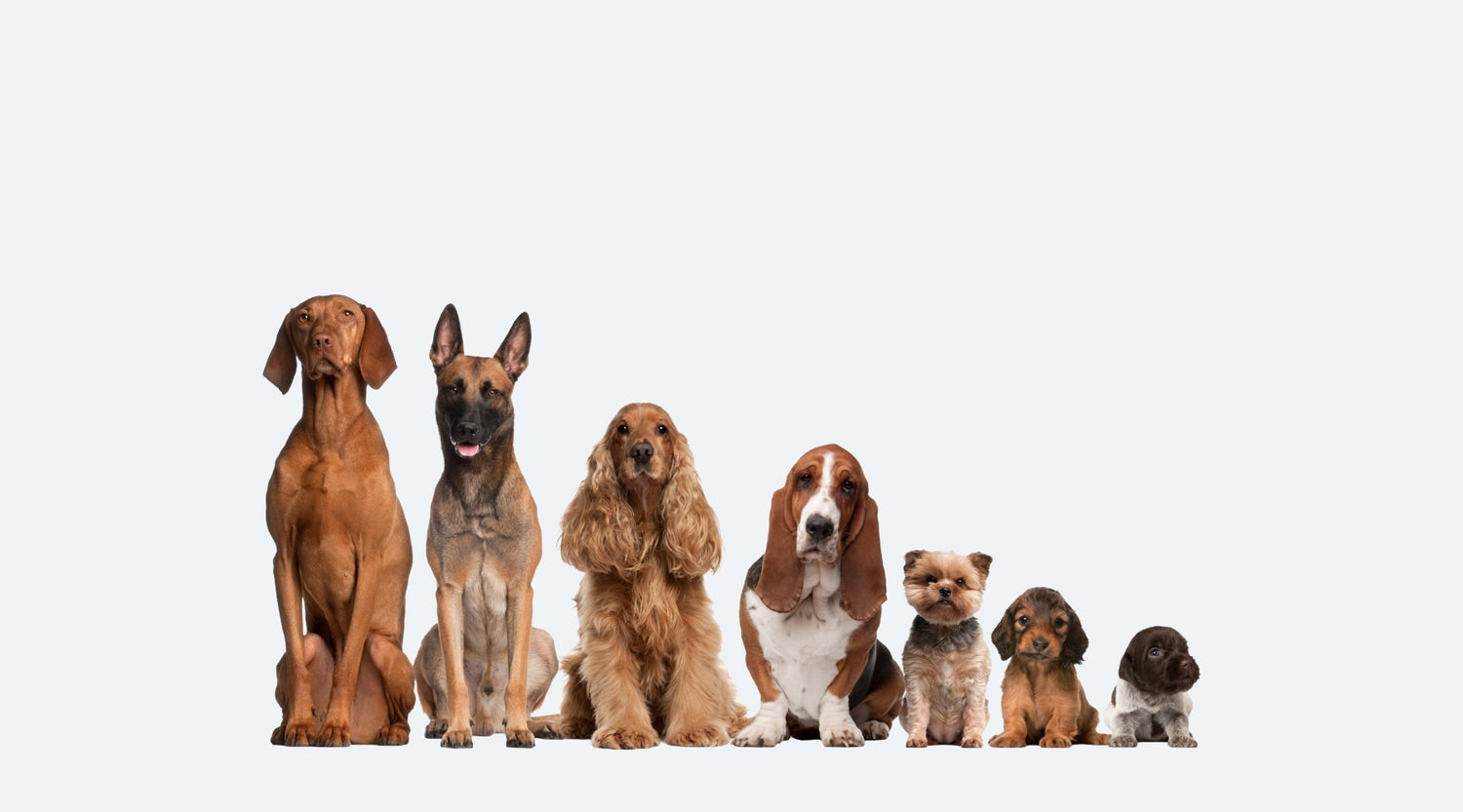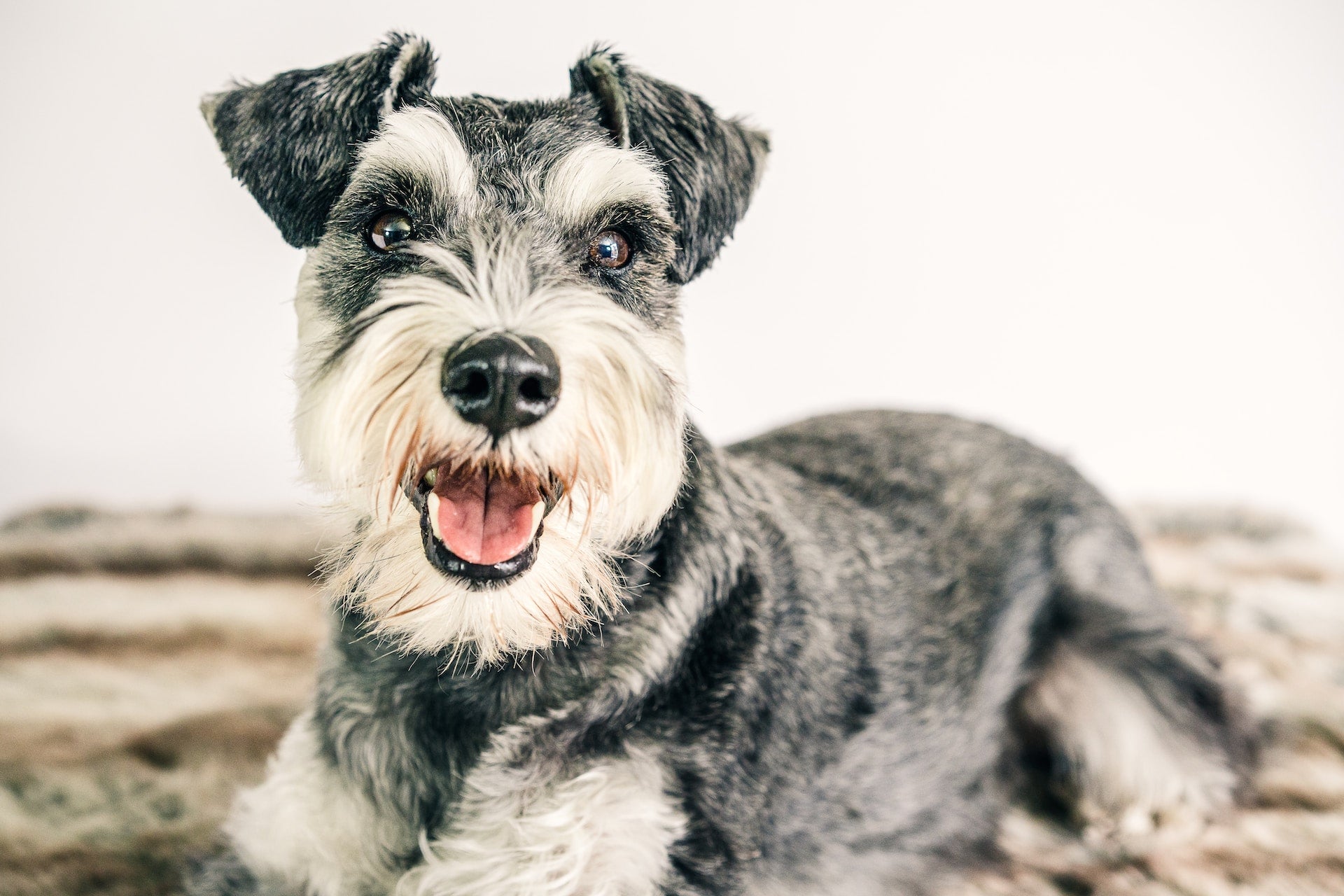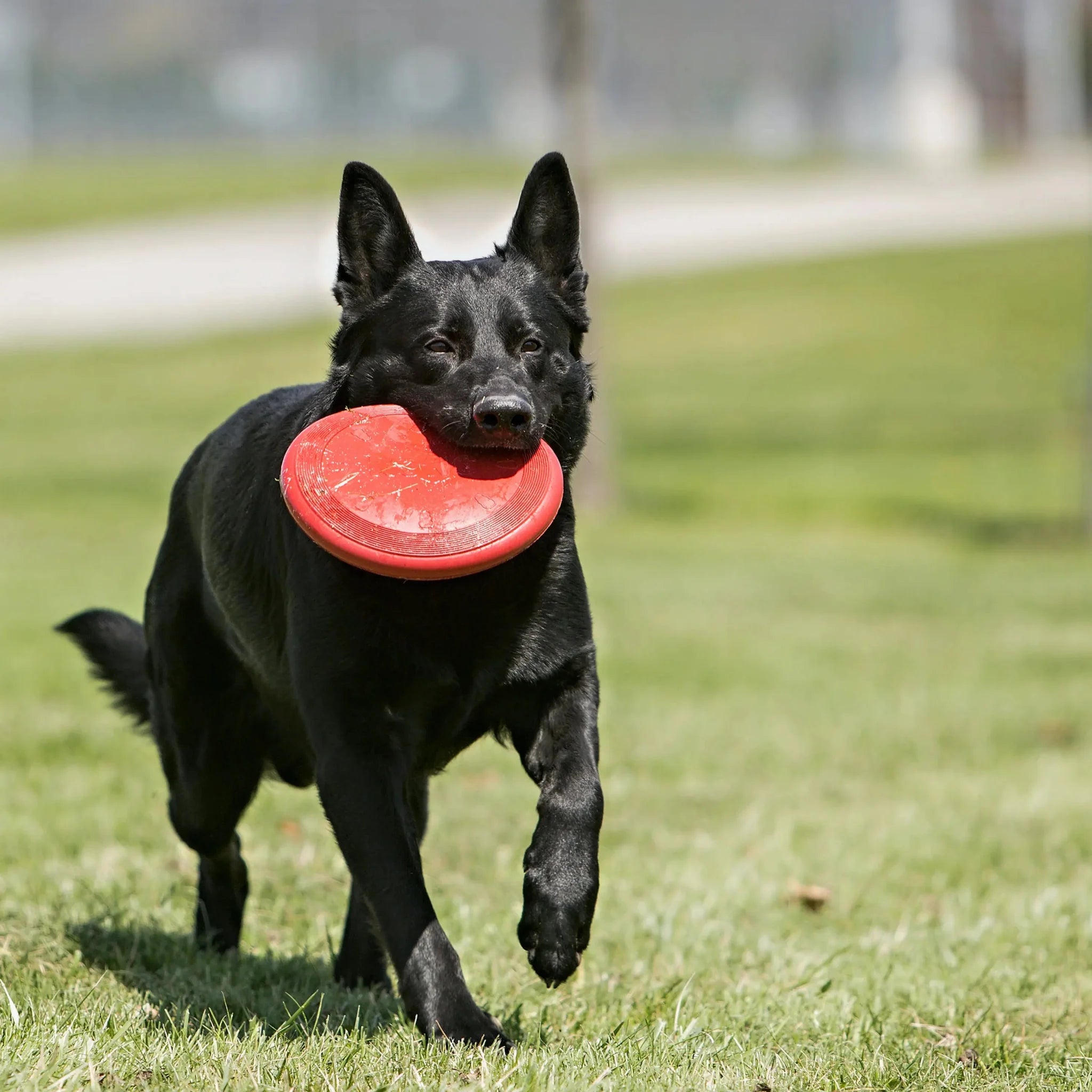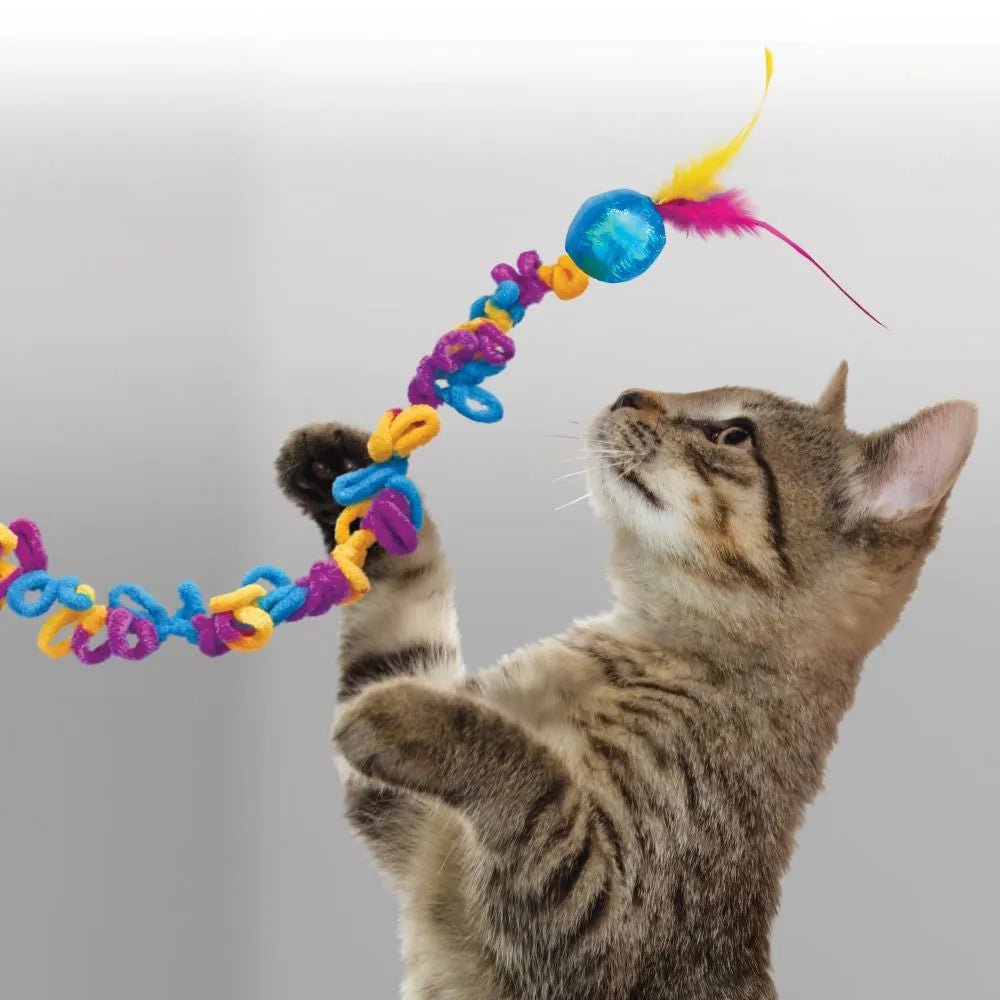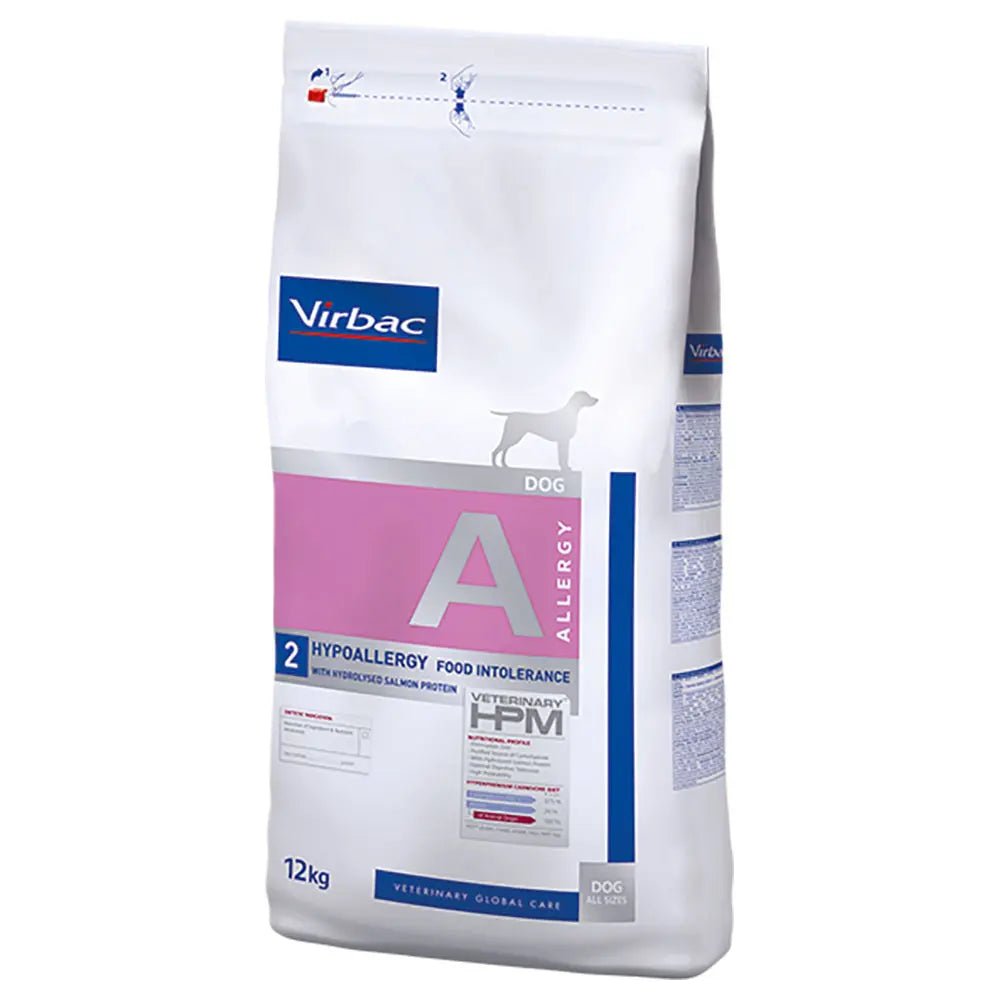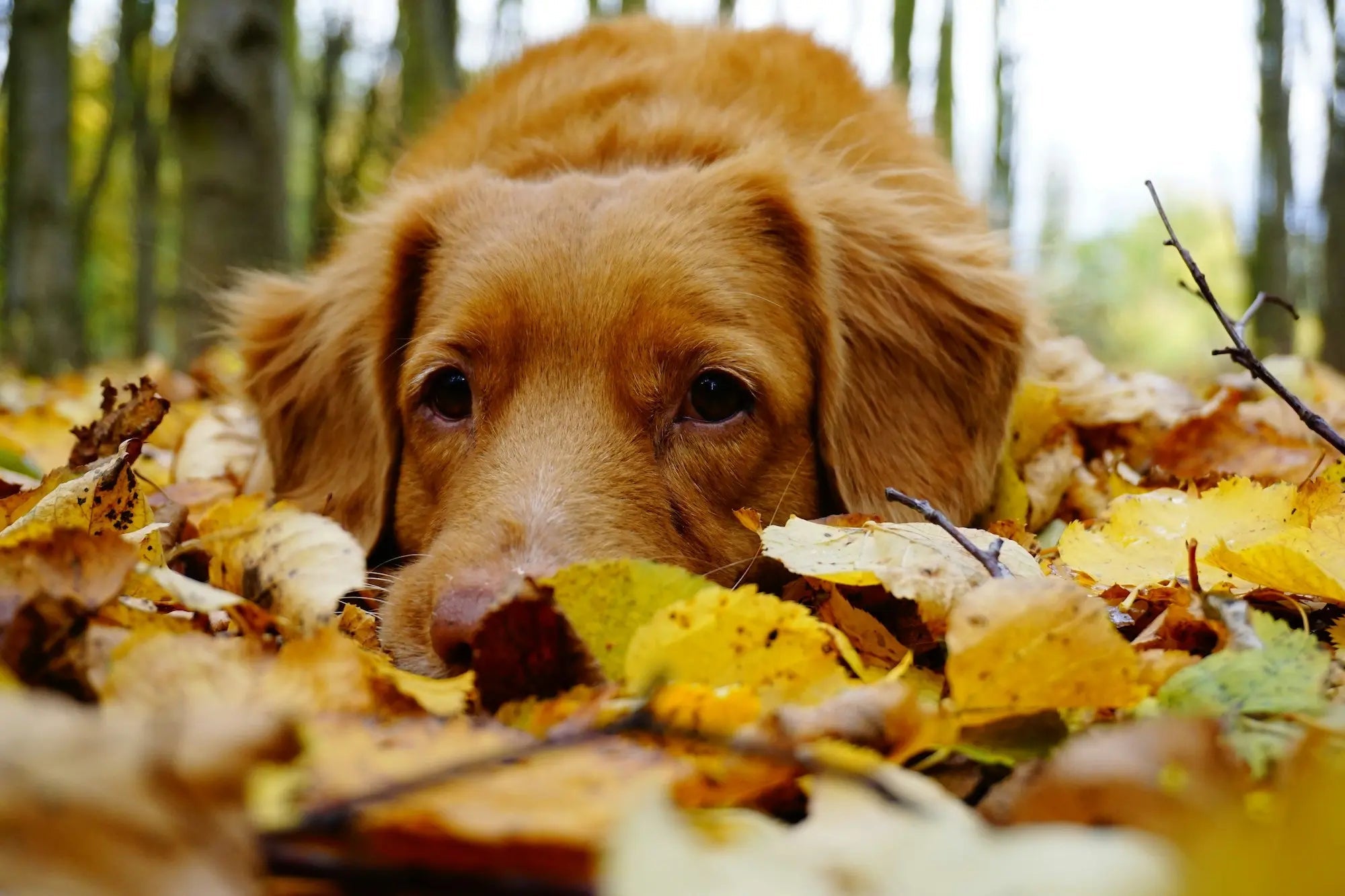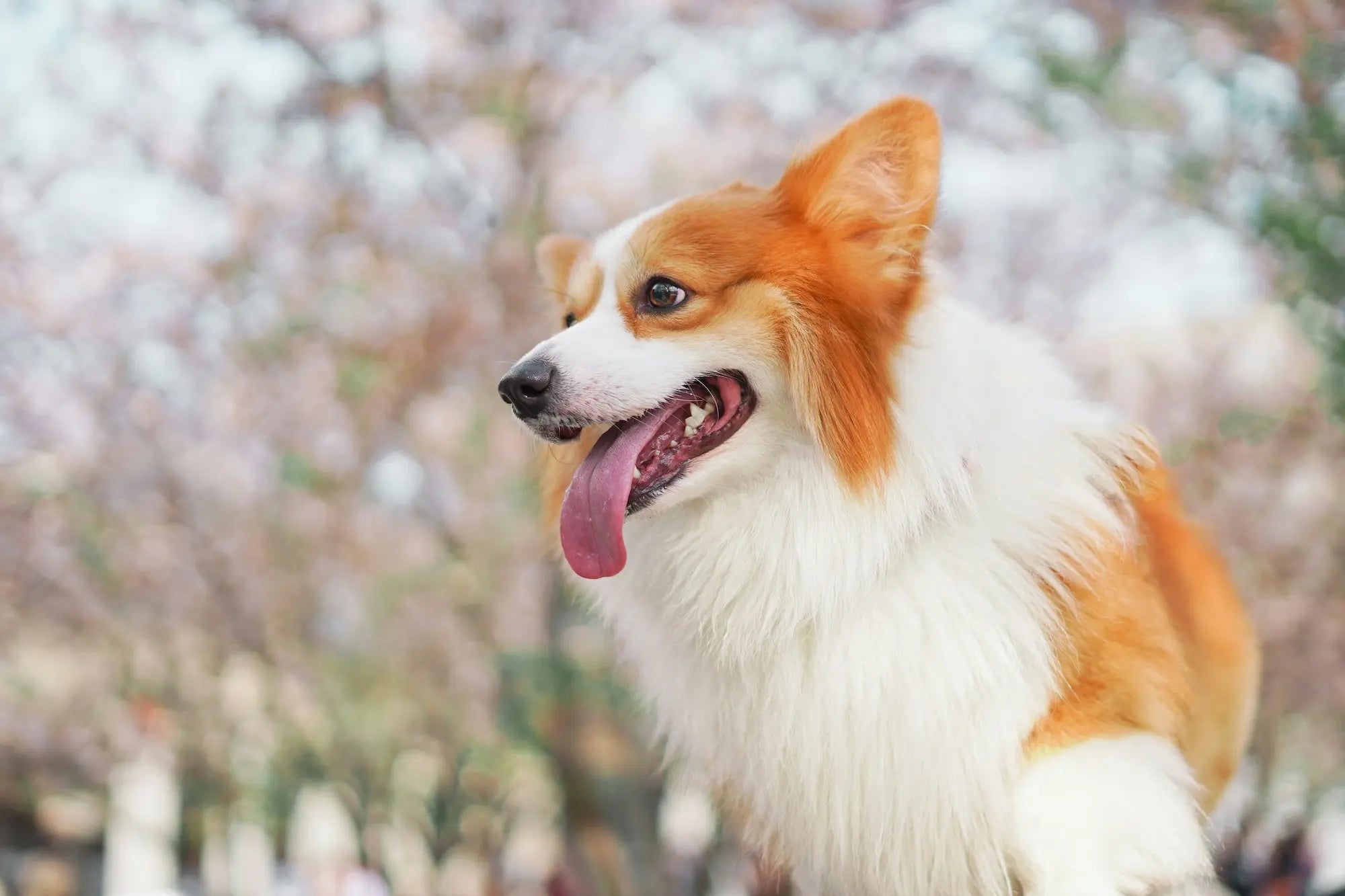The Miniature Schnauzer is, as the name suggests, a smaller version of the Schnauzer! Are you wondering if the Miniature Schnauzer is the right companion for you? Read more about its personality characteristics, activity level and health, as well as what you should think about in everyday life as a Miniature Schnauzer owner.
race facts

Family friendly

Activity level

Fur care

Training needs

Clearing

Size
Facts about the breed
The Miniature Schnauzer is from Germany and originated around the 1900s. At that time, Miniature Schnauzers were used as ratters on farms. Today, the dog is well suited as a family dog, as well as a watchdog with its alertness. The dog breed was bred using miniature schnauzers and miniature pinschers.
What can you expect as an owner of a miniature schnauzer?
Personality
Personality
The Miniature Schnauzer is known for being a curious, active and intelligent dog. They also love to be the center of attention and want to be part of what is going on. They are also great hiking companions! The breed is a great family dog, as they are sociable and usually do well with children. Due to the breed's background as a rat catcher, you should be careful if you have small mammals in the house. These tough little creatures can also be dominant towards other dogs, but this usually works out well. Remember that dogs should never be left alone with children.
The miniature schnauzer's size makes it easy for it to live in a small apartment, but it has a lot on its mind. Many miniature schnauzers have a strong alert instinct that can lead to a lot of barking.
Activity level
Activity level
Don't let the miniature schnauzer's small size fool you! The miniature schnauzer is a hardy breed that loves to be active. It burns off energy by running and digging, but is otherwise not picky about what kind of activities are on the menu. If you want to use your companion in dog sports such as agility or obedience, the miniature schnauzer will be happy to join in.
Training
Training
The Miniature Schnauzer is cooperative and receptive to learning new things. It is easy to train, but has its own opinions. As a good watchdog, it can be difficult to train away the instinctive barking when the doorbell rings or strangers arrive. As with other dogs, it is important to introduce socialization early, using positive reinforcement, praise, and patience.
Health
Health
Weight and size
Normally, the weight of a miniature schnauzer is about 4 - 8 kg. The height of a miniature schnauzer can vary between 30 - 35 cm.
Lifespan
12 - 14 years
Hereditary diseases
It is common for some dog breeds to be more prone to hereditary diseases than others. The Miniature Schnauzer is known to be a fairly healthy breed of dog, but some diseases they are prone to include progressive retinal atrophy , degenerative myelopathy (weakness in the bones and spine), and spondylocostal dysostosis (bone disease).
Fur
Fur
Although the Miniature Schnauzer sheds little, it does require some grooming . The coat needs to be trimmed (at least 4 times a year) to keep out moisture and dirt. In addition, the wiry coat should be brushed frequently to prevent tangles, especially on the face and legs. Miniature Schnauzers are either white, black, or a combination of salt and pepper or black and silver.
Food and nutrition
Food and nutrition
When choosing food for a Miniature Schnauzer, you should choose a type of food that is adapted to the dog's health and lifestyle. These small dogs tend to gain weight easily, so there are things to keep in mind when choosing dog food for your little one.
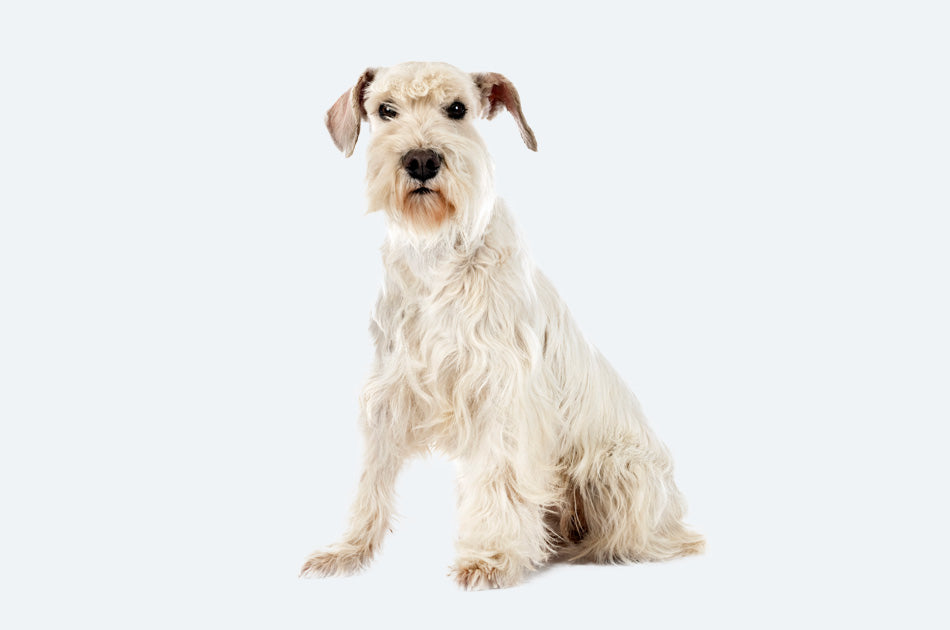
Miniature Schnauzer
If you want to become the owner of a miniature schnauzer, you should make sure to find a reputable breeder. How much a miniature schnauzer costs will vary, but you can expect a price for a miniature schnauzer puppy to be around 20,000 NOK - 25,000 NOK.
It is important to choose a seller who provides you with information about how the dog was bred to ensure that you are not contributing to uncontrolled or illegal dog trade. Unfortunately, not everyone breeds properly and properly, which can lead to serious diseases in the puppies. Being well prepared and finding a reliable breeder is therefore in the best interest of both you and your dog.
